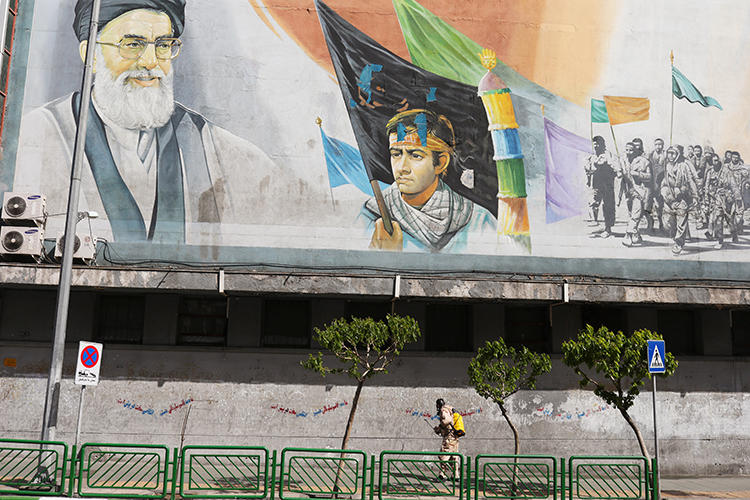Washington, D.C., May 20, 2020 — Iranian authorities should immediately release journalist Nejat Bahrami from prison and cease arbitrarily jailing members of the press, the Committee to Protect Journalists said today.
On May 5, Bahrami, a freelance columnist who has written for publications including the Iran Daily and Etemad newspapers and the weekly Tejarat-e Farda and Seda magazines, wrote on Twitter that he had received a written notice from the judiciary summoning him to prison within five days.
He had been convicted on August 18, 2019, by the Revolutionary Court of Tehran of “spreading propaganda against the system” and “colluding to disturb the public order” over his writing and commentary that was critical of Iran’s political establishment, and was sentenced to one year in prison and a two-year ban on any media activities, joining any political or social factions, and using smart phones, according to a report by the Persian service of the International Federation of Journalists, a global media workers’ union.
On May 18, he arrived at Tehran’s Evin Prison to begin serving his one-year sentence, according to the federation’s report.
“Jailing a journalist during a pandemic, especially one whom authorities already previously released from custody due to health issues, is yet another example of the extreme steps that Iran’s judiciary is willing to take to muzzle the press,” said CPJ Middle East and North Africa Program Coordinator Sherif Mansour. “Nejat Bahrami should be released immediately and the charges against him should be dropped.”
Security agents had arrested Bahrami on December 5, 2018, over his writings in Iranian publications and on social media, including his Telegram channel, and detained him for one week before releasing him on bail due to health complications including high blood pressure, according to the federation’s report and other news reports.
After his August 2019 conviction, the case was in appeal until April 12, 2020, when Branch 36 of Tehran Appeals Court upheld his sentence, excluding the restrictions on smart phones, he wrote on his Twitter account.
